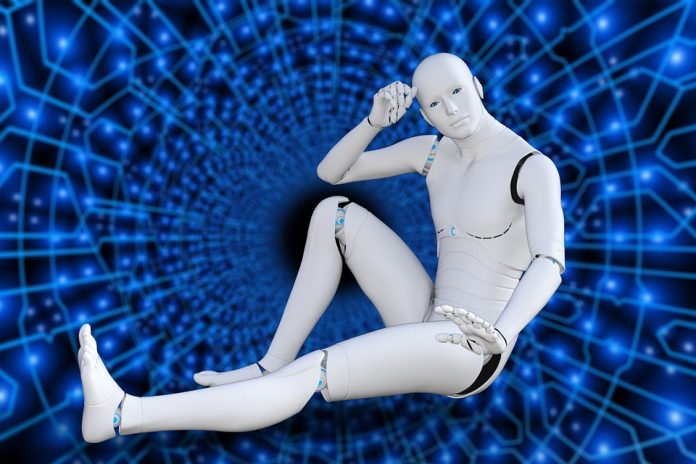Artificial Intelligence (AI) technology is developing at an unprecedented rate, and it is affecting virtually every aspect of our lives. However, as we continue to rely more on this technology, there are growing concerns about the ethical implications of its use. In this blog, we will examine these ethical concerns in closer detail and discuss the unique benefits of AI while addressing any potential objections.
Before we dive deeper into the ethical implications of AI, it is essential to understand what AI is and how it works. In simple terms, AI refers to a system through which machine intelligence works to replicate or even exceed human capabilities in different areas. These areas may include problem-solving, decision-making, or language recognition. However, as the applications of AI continue to evolve, so do the ethical implications.
One of the most significant ethical implications of AI is job displacement. As AI continues to automate repetitive tasks and work that traditionally required humans, there is a growing concern about the impact its use will have on the job market. Some experts predict that AI could lead to significant job losses across various industries, primarily if businesses prioritize cost savings over the welfare of their employees. However, it is worth noting that AI applications have also created new job roles and opportunities, such as AI algorithm developers, data scientists, and AI ethics specialists.
Another concern is the potential misuse of AI, which could have grave consequences. In recent years, we have witnessed how deepfakes, created through AI, can be used to spread misinformation and manipulate public opinion. Additionally, the indiscriminate use of AI in different fields has led to issues relating to data privacy, interference with personal freedoms, and increased surveillance.
However, despite these concerns, there are many benefits of using AI in different fields. For instance, its use in healthcare has led to significant advances in disease diagnosis and treatment. AI has been used to develop predictive models that help identify patients’ risks and conditions, allowing for earlier intervention and treatment. In addition, AI systems have been trained to evaluate medical images, making it possible to detect abnormalities that might be missed by human experts.
In the world of education, AI-enabled personalized learning has made it possible for students to learn at their own pace and style. Through the use of intelligent tutoring systems and chatbots, students can receive immediate feedback and assistance, improving learning outcomes. Additionally, AI-powered learning management systems can help educators analyze student data to identify areas for improvement and adapt their teaching to better suit individual student needs.
Further, AI has been instrumental in improving customer experiences. For instance, AI-enabled chatbots have been used to provide 24/7 customer support, addressing inquiries faster and more efficiently than human employees. Additionally, AI-powered customer analytics tools have made it possible for businesses to evaluate customer behavior and preferences, allowing them to tailor their services and products to meet customer needs.
In conclusion, it is essential to address the ethical implications of AI as we continue to rely more on this technology. While there are concerns such as job displacement and the potential misuse of AI, the benefits it brings cannot be ignored. Whether it’s improving healthcare delivery, enhancing education, or providing better customer experiences, AI has already shown its unique capabilities. However, as experts continue to refine AI technology, it is equally crucial that they also prioritize addressing ethical concerns. Only through proactive ethical considerations can we ensure that AI is developed and used safely and enhance human life.

